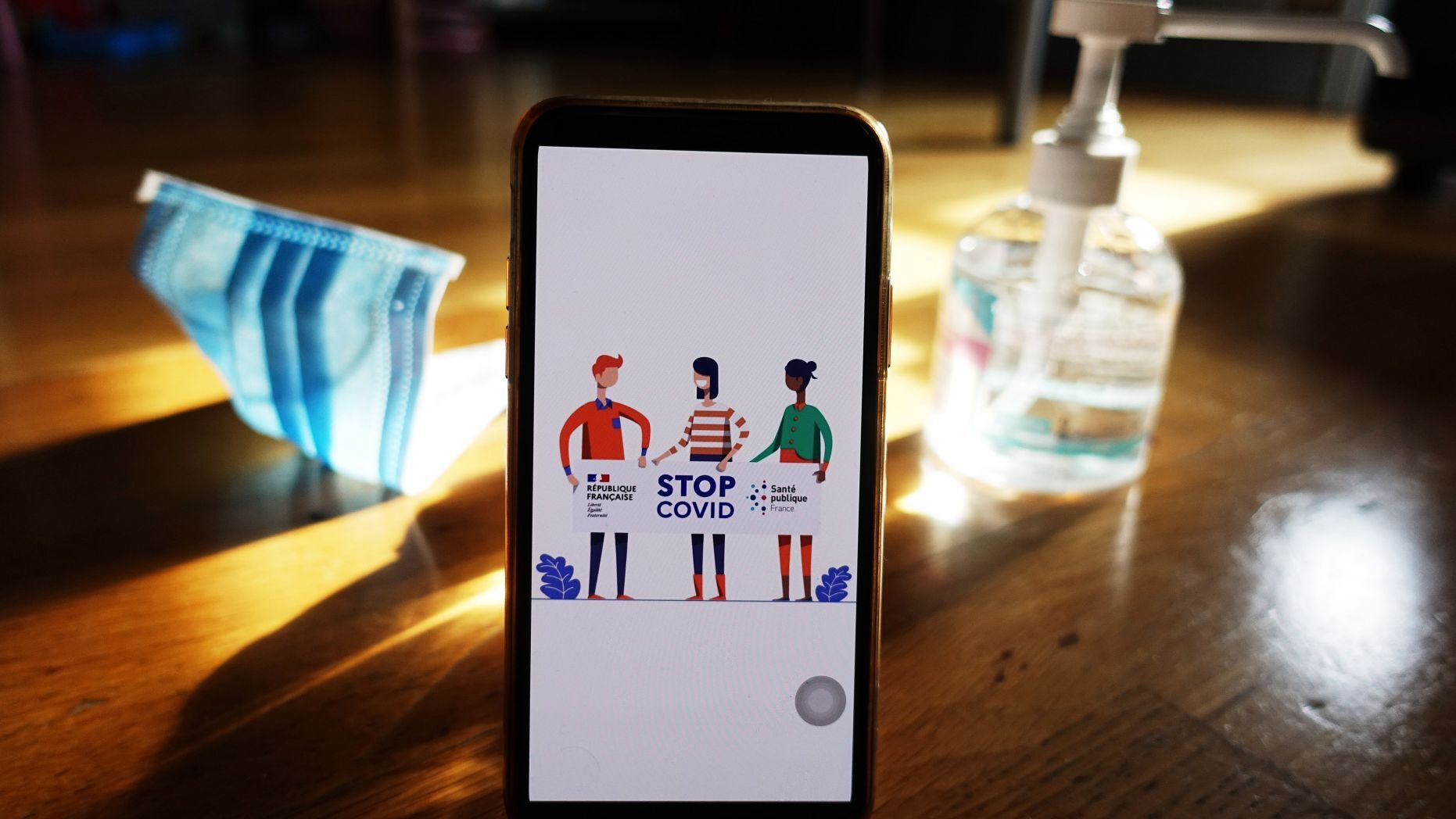COVID-19 apps pose privacy risks to users worldwide, investigation finds

Several widely used COVID-19 mobile apps pose privacy risks to users, a new independent investigation has found.
According to the probe conducted by the International Digital Accountability Council’s (IDAC) over the last two months, there were some instances in which apps didn’t follow best practices regarding privacy or did not sufficiently protect users from potential risks.
“If responsible steps to rein in the pandemic and reopen our devastated economy require changes in how much information people share about their health and movements, the public should be able to trust that their data will be used responsibly,” said Quentin Palfrey, president of IDAC, in a statement.
The IDAC reviewed 108 global COVID-19 mobile apps across 41 countries to understand whether consumers’ personal data was being used responsibly.
AMAZON FAILED TO PROTECT WORKERS FROM CORONAVIRUS INFECTION, LAWSUIT CLAIMS
The contact-tracing smartphone app “StopCOVID” is seen on a mobile phone in Paris. A new probe found that some of these apps are not doing enough to ensure user privacy.
The contact-tracing smartphone app “StopCOVID” is seen on a mobile phone in Paris. A new probe found that some of these apps are not doing enough to ensure user privacy. (Xinhua/Gao Jing via Getty Images)
In order to conduct the review, they analyzed how apps collect personal data, what data the apps collect and what third parties receive data from these apps.
“Smartphone apps offer promising tools for collecting data about users’ contacts and sharing that information with public health authorities. Our analysis shows that many of these tools employ good privacy and security measures, but that some apps did not follow best practices relating to transparency, security, and data-sharing with third parties,” Palfrey said.
NEW MAP OF SARS-COV-2 INFECTION IN NASAL CAVITY PROVIDES MORE SUPPORT FOR WEARING MASKS, EXPERTS SAY
These are a few of their key findings:
Out of 23 contact-tracing apps, fewer than 20 percent specifically mention or inform users if their personal data is anonymized.
Abougt half of the contact tracing apps requested potentially “intrusive” permissions.



 Creators of mankind
Creators of mankind Description of “Tall white aliens”
Description of “Tall white aliens” Where they came from?
Where they came from? About hostile civilizations
About hostile civilizations The war for the Earth
The war for the Earth “Tall white aliens” about eternal life
“Tall white aliens” about eternal life Video: “Nordic aliens”
Video: “Nordic aliens” Aliens
Aliens Alien encounters
Alien encounters The aliens base
The aliens base UFO
UFO Technology UFO
Technology UFO Underground civilization
Underground civilization Ancient alien artifacts
Ancient alien artifacts Military and UFO
Military and UFO Mysteries and hypotheses
Mysteries and hypotheses Scientific facts
Scientific facts


















